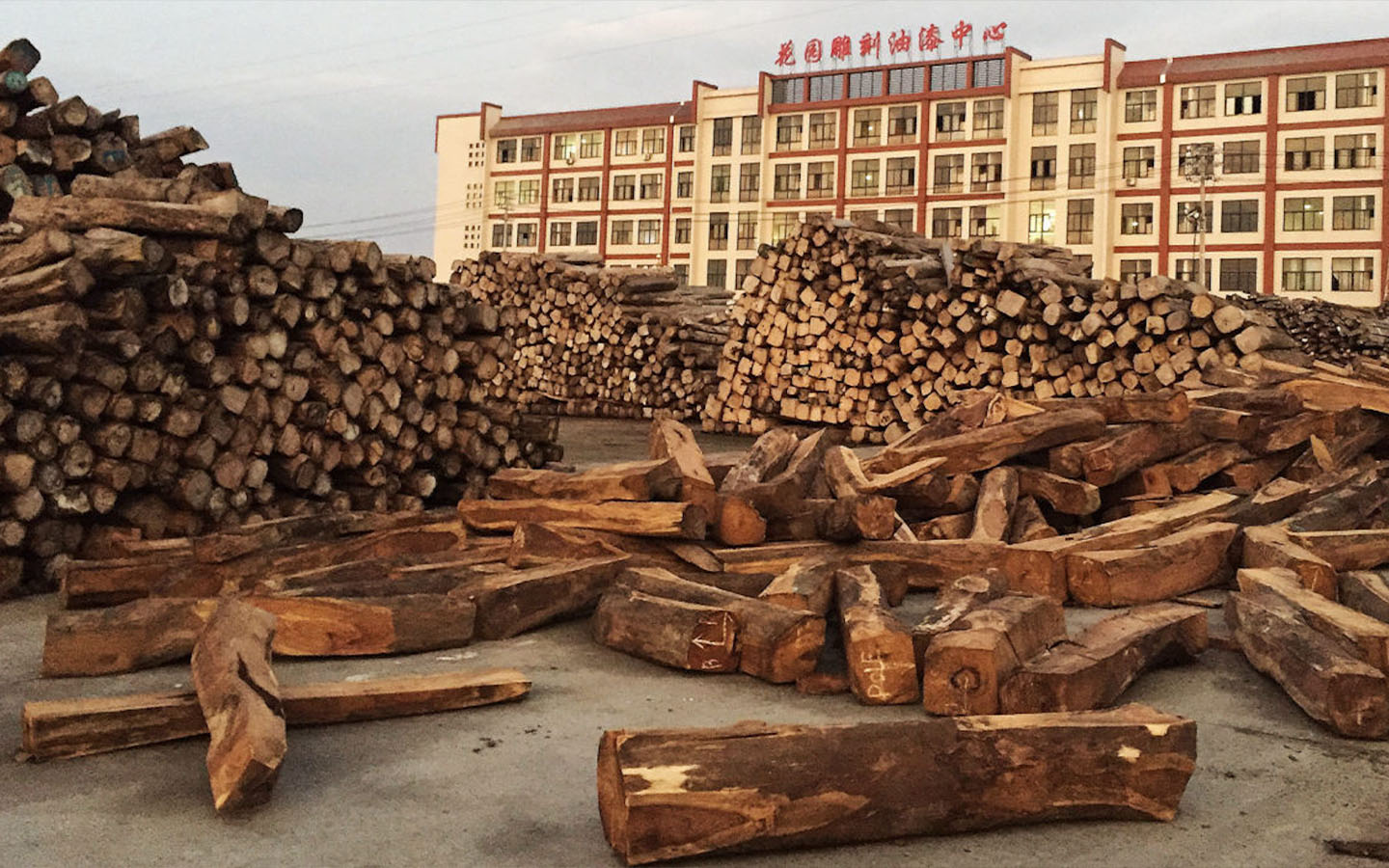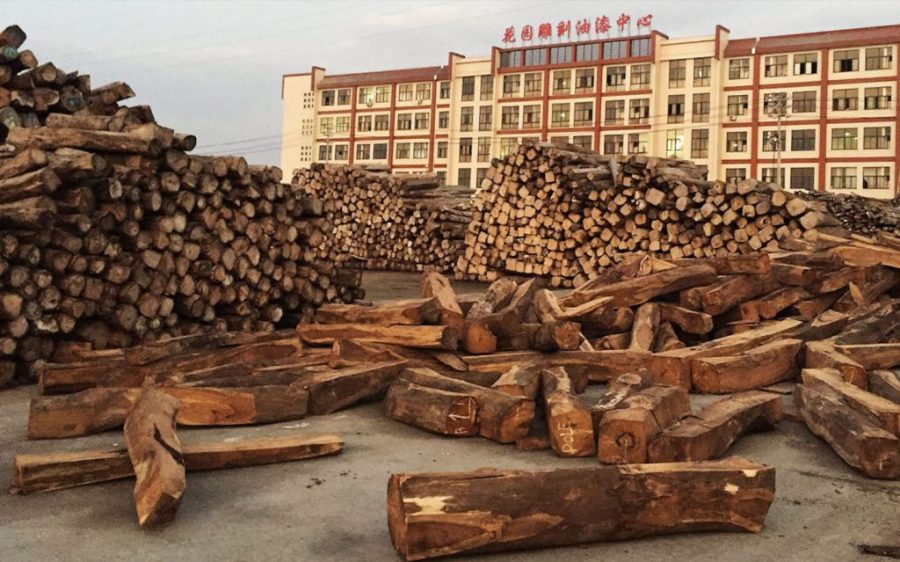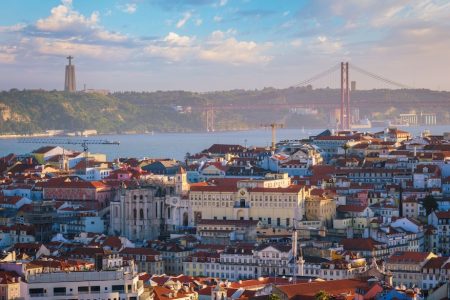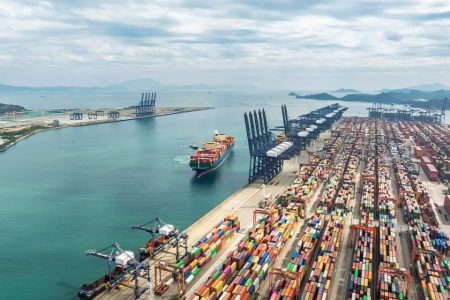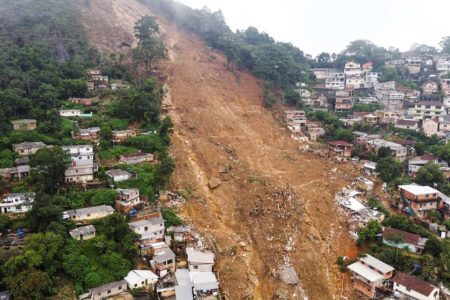A four-year undercover investigation by the Environmental Investigation Agency (EIA), an NGO that campaigns against alleged environmental crimes, has found that timber smuggling from Mozambican forests to Chinese consumers generates an estimated US$23 million each year for terrorists and criminal networks in northern Mozambique.
While rosewood, an umbrella term for a wide range of tropical hardwoods, is protected under the international CITES (Convention on International Trade in Endangered Species of Wild Fauna and Flora) treaty, Islamist group al-Shebab in Cabo Delgado has been smuggling these precious trees and other flora and fauna products to fund their insurgency, generating an estimated US$1.9 million a month.
Al-Shebab have utilised the illegal timber trade to “fuel and finance the reproduction of violence,” according to a Mozambican government report published earlier this year. An attack on Friday in the town of Macomia, the group’s boldest assault in three years, confirms suspicions that the insurgents are using these funds to move further south, away from the increased troop presence in the north, and expand recruitment into neighbouring Nampula Province.
[See more: Mozambique is attempting to rein in unauthorised logging]
Rosewood has become the most trafficked natural product in the world in part due to demand from China, where it is highly prized for luxury furniture. Although the logging of rosewood is banned in China, the country continues to import huge quantities, including some 20,000 tonnes from Mozambique in 2023. The latter has overtaken countries like Senegal, Nigeria and Madagascar, places where the trees have become depleted or export bans more strictly enforced, to become China’s top African supplier.
Depletion may be on the horizon – the country is losing the equivalent of around 1,000 football pitches of forest cover a day – but better enforcement is unlikely. Lawlessness and corruption are two of the reasons EIA Africa programme manager Raphael Edou describes Cabo Delgado as the “perfect place” for illegal logging to flourish. The desperately poor local population and the province’s position at the nexus of trade routes are the others.
Nearly a decade of insurgent activity has destabilised much of the province and triggered one of Africa’s most significant displacement crises, with over a million people forced to leave their homes. Even as Mozambique increasingly relies on foreign troops to control the violence, civilians face massacres, beheadings, rapes and kidnappings, along with the destruction of homes and villages.
